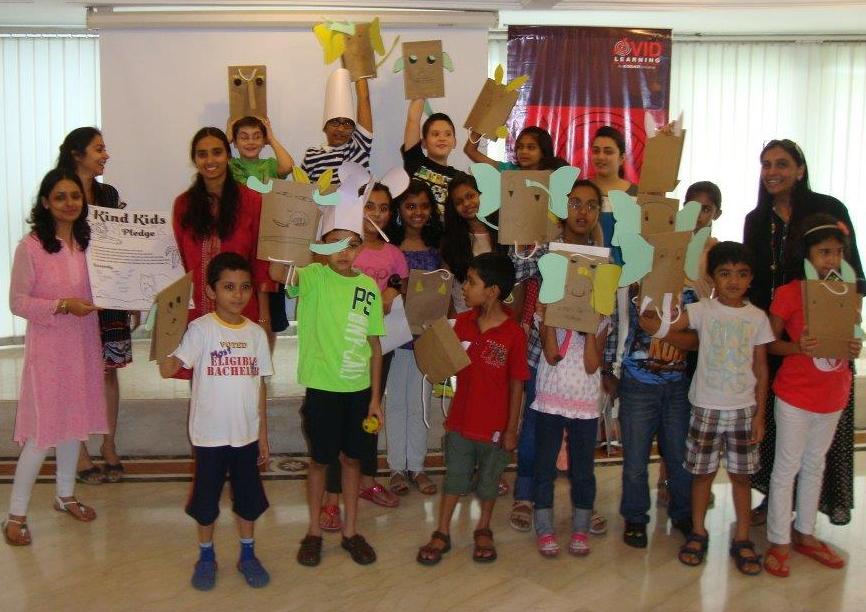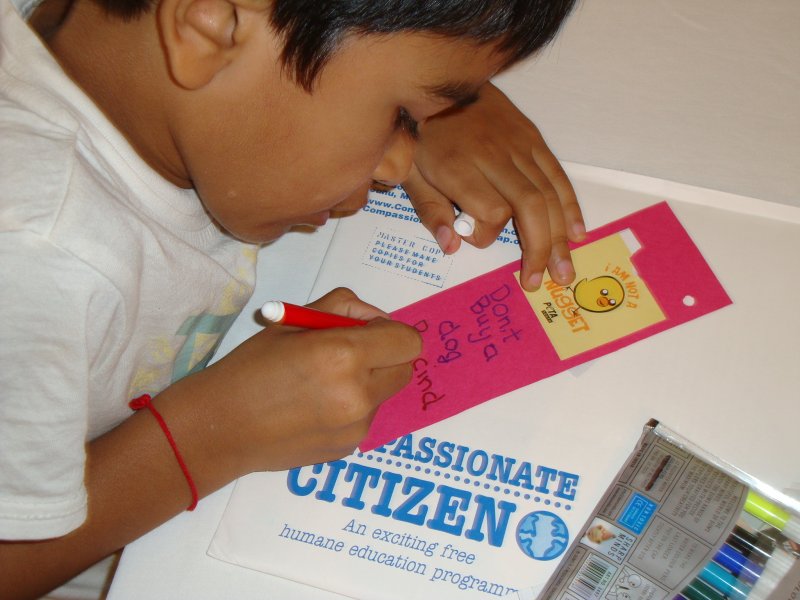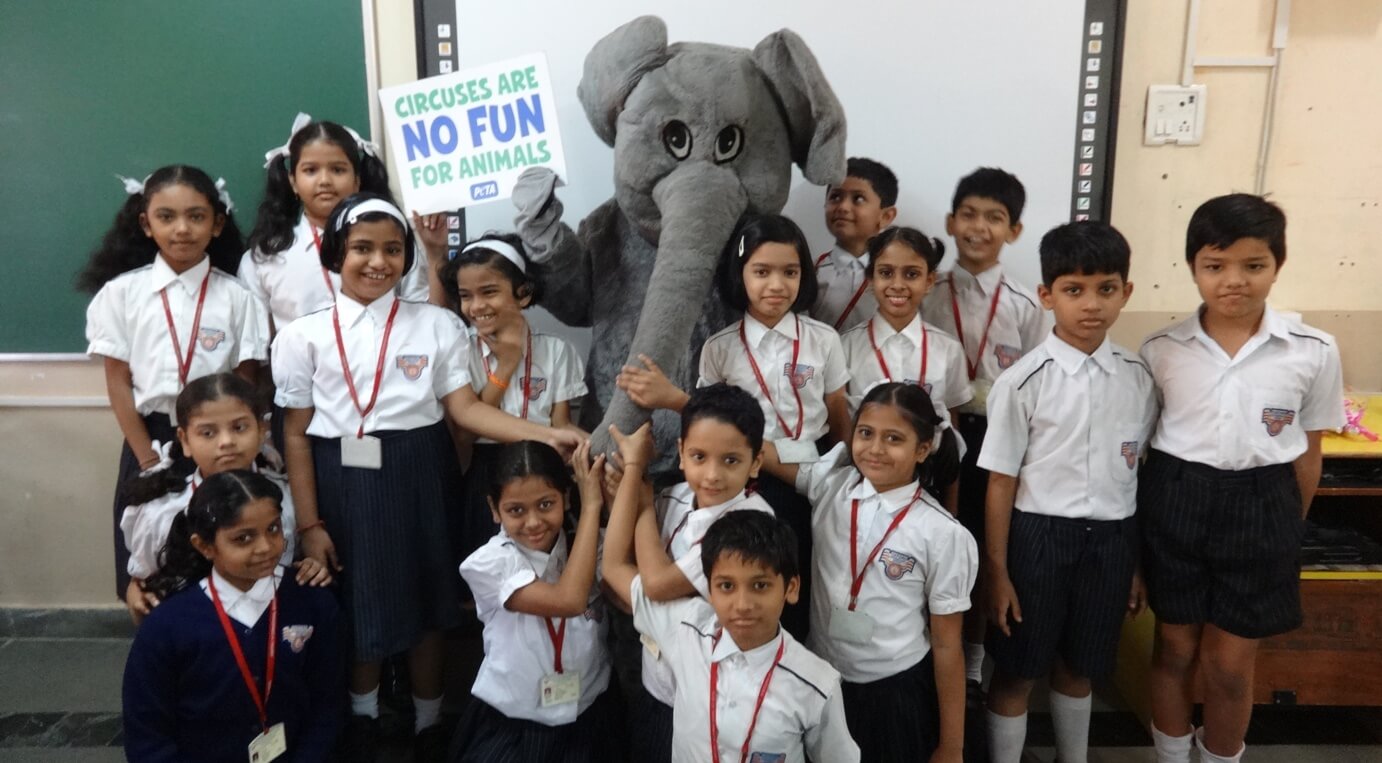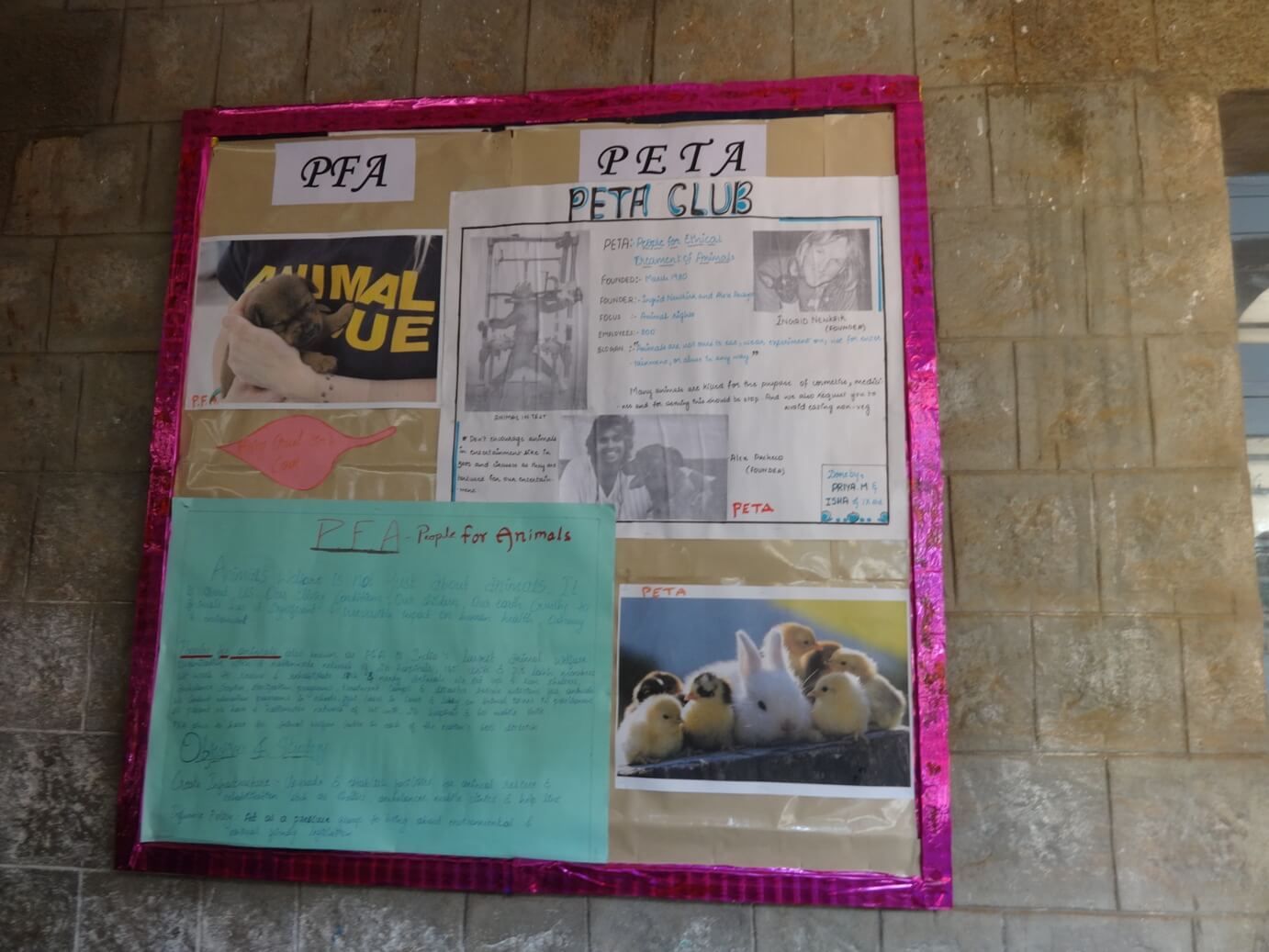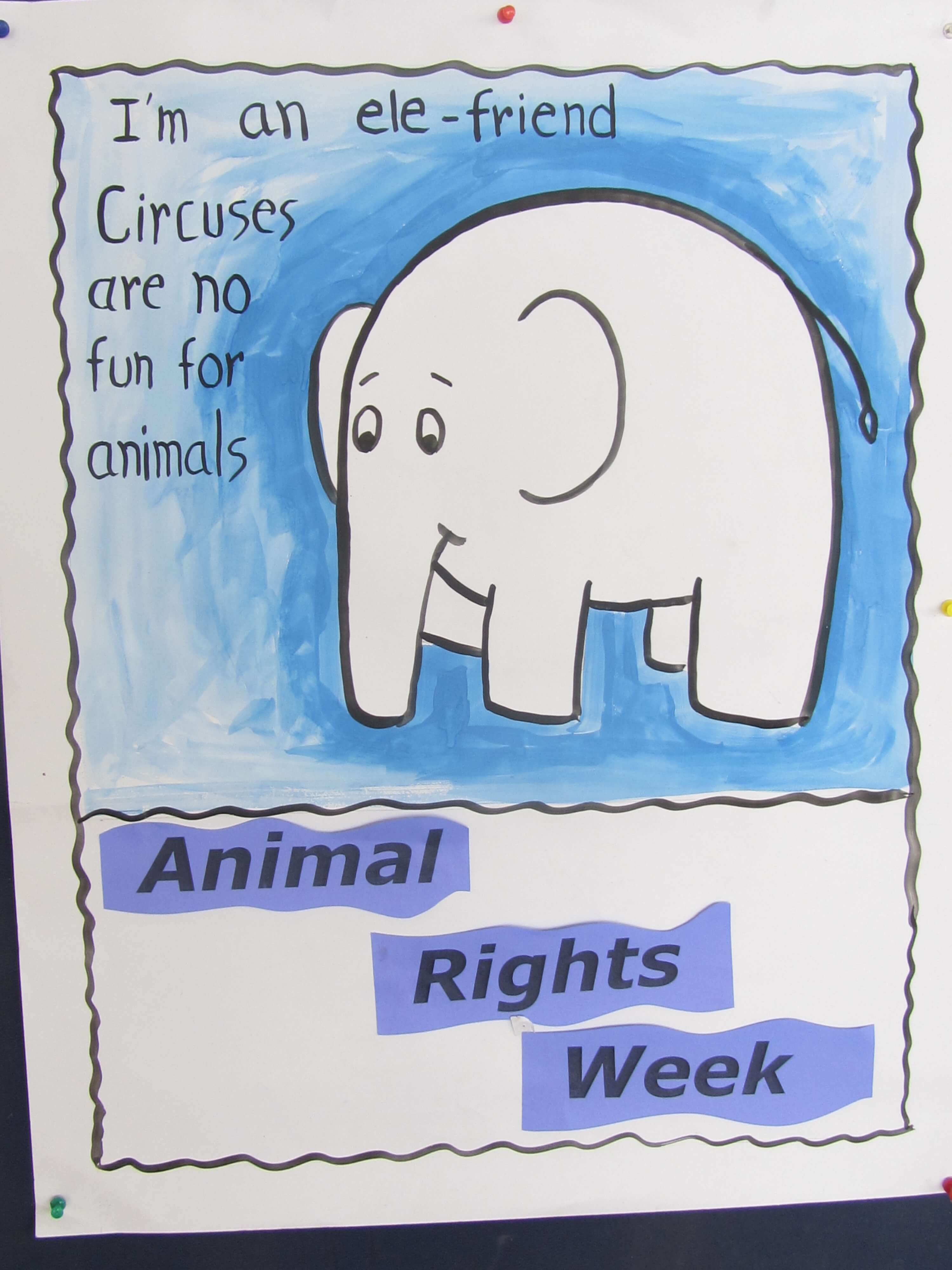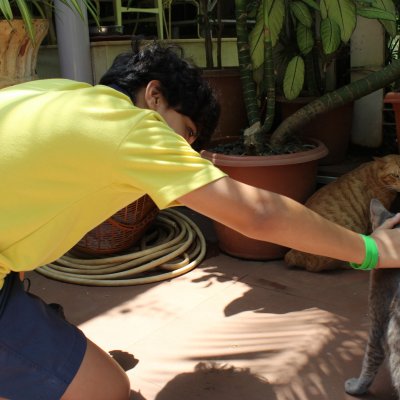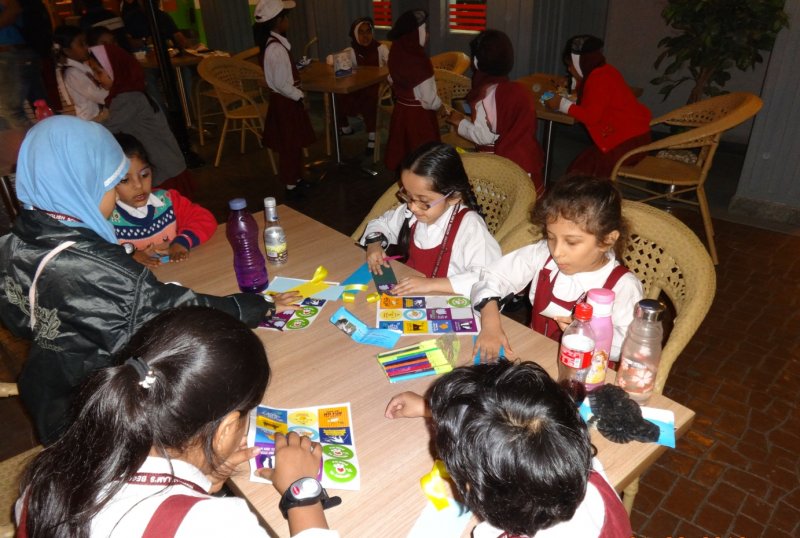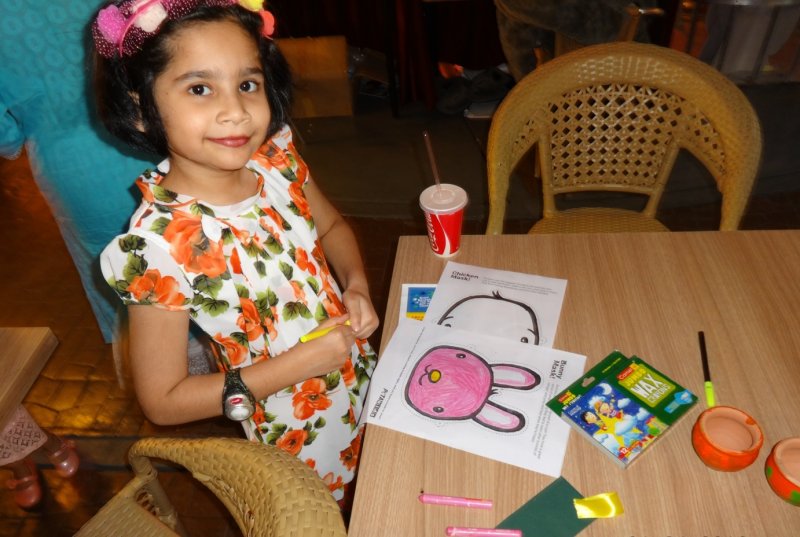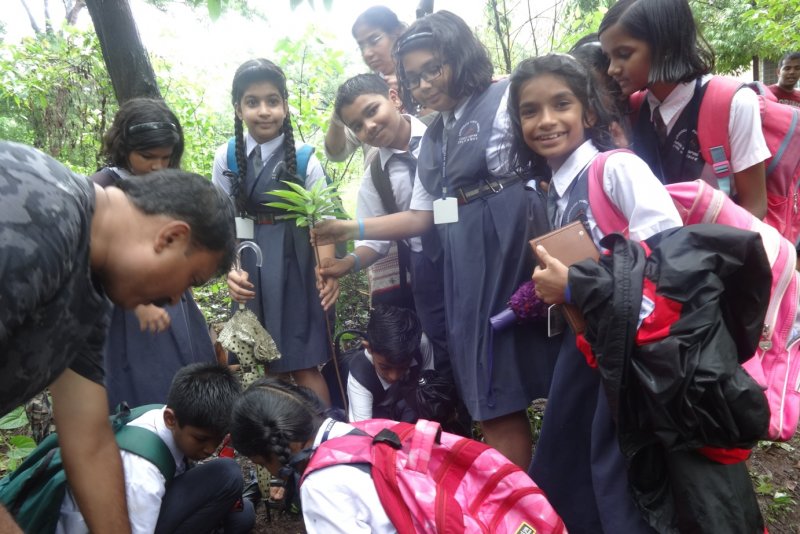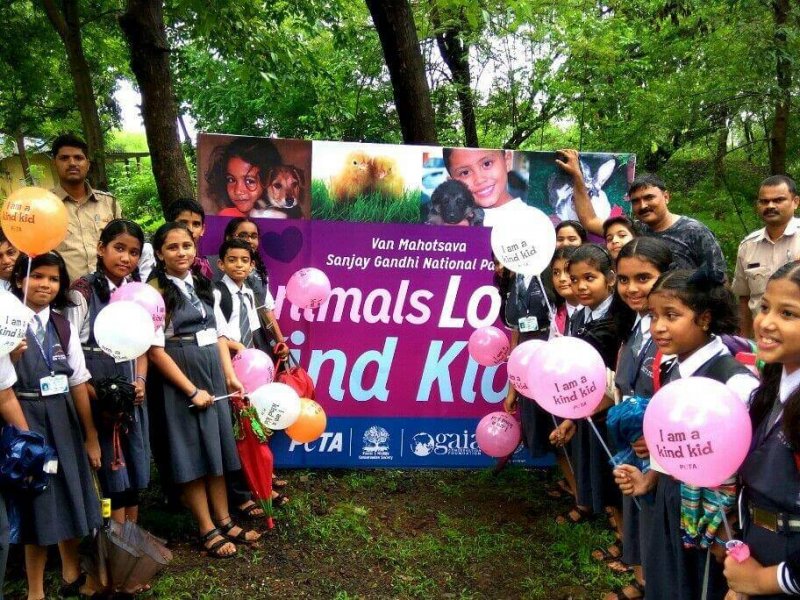Teachers Make a Difference
Teachers’ Day is 5 September, and so we thought we’d remind all you teachers out there that there are lots of easy ways that you can help children help animals.
Here are some ideas:
- Encourage your school to include Compassionate Citizen as part of its official curriculum.
- Ask school officials to implement a policy against taking field trips to zoos and circuses. Animals suffer when they are caged or chained, and those in circuses are beaten so that they will obey and perform tricks that are not natural to them. Animals feel lonely, depressed and frustrated in zoos and circuses. Visit a local animal shelter or wildlife sanctuary instead.
- Urge school officials to update the dress code to include cruelty-free canvas shoes instead of leather. Not only is leather production cruel, it also harms the environment. Turning animal skin into leather requires massive amounts of toxic chemicals, and runoff from tanneries poisons rivers and streams.
- Start a healthy-meal programme by asking your school to offer only delicious vegan snacks and lunches to children. Contact us at [email protected] for ideas, suggestions and recipes.
- Work with the principal to urge children to fly only “kind kites” with cotton string and never to use sharp glass-coated or metallic manja. Deadly manja injures and kills countless birds and some humans each year.
- Encourage officials to enact a policy against keeping animals in school. Animals kept as “pets” in schools are often neglected and mishandled by well-meaning children who are too young to grasp the enormity of the responsibility or by busy teachers. Buying animals also supports the pet trade, which encourages the irresponsible and impulsive buying of animals.
- Encourage children to start an animal rights club and lead them in discussions about making kind choices for animals, such as not eating or wearing animals.
- Use special days, including International Animal Rights Day (10 December), Earth Day (22 April) and World Environment Day (5 June), as occasions to discuss animal-related issues.
- Encourage children to be kind to strays. Take your students on outings to put water bowls out for dogs and birds.
- Create a display board about animal rights to raise awareness.
- Set up an information table during school festivals, parent-teacher meetings and other functions to share literature and talk with others. Contact us at [email protected] for supplies.
- Get children involved in organising poster competitions, debates and essay contests about animal-protection issues.
- Encourage children to pitch plastic! Did you know that plastic bags may last up to a thousand years in a landfill? In the environment, they break down into tiny, toxic particles and become a part of soil and water. Plastic debris in the ocean kills countless animals every year.
- Work with a non-governmental organisation (NGO) to get dogs and cats in your area sterilised to prevent them from contributing to the companion animal overpopulation crisis. Make sure that the NGO returns the animals to where they were found.
- Plant trees and contribute towards building a greener environment.
Let us know what your school is up to, and it may be eligible for a Compassionate School Award from PETA. Schools that take the first six steps listed above will automatically be eligible. You can also send questions and comments to [email protected].
Be a compassionate citizen!


